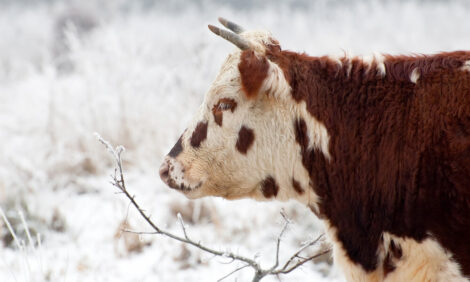



Hopes For Resolution Of M-COOL Dispute
CANADA - Canada's Agriculture Minister is hopeful last week's WTO ruling that US Mandatory COOL discriminates against foreign livestock will open the door to a negotiated settlement of the dispute, writes Bruce Cochrane.  Farm-Scape is sponsored by
Manitoba Pork Council and Sask Pork FarmScape is a Wonderworks Canada production and is distributed courtesy of Manitoba Pork Council and Sask Pork. |
Implemented in 2008, Mandatory US Country of Origin Labelling requires American processors to label a range of food products, including beef and pork, according to their country of origin.
In a ruling released Friday the World Trade Organisation found the legislation provides imported livestock less favorable treatment than like domestic livestock and is inconsistent with US trade obligations.
Agriculture Minister Gerry Ritz recalls, when the labelling law was implemented, the impact on the Canadian and American livestock industries was immediately negative.
Gerry Ritz-Canada Minister of Agriculture and Agri-Food
To comply with the mandatory labelling programme the US livestock industry must segregate Canadian animals, process Canadian livestock on a clean separate line and package and label the meat separately.
These additional handling procedures of course mean additional costs which are passed on to producers.
Some processors have simply refused to buy Canadian animals while others are only willing to buy on certain days or at a deeply discounted price.
As you already know this has negatively affected a number of levels of supply, efficiency and operating cost on both sides of the border.
Between 2008 and 2009 exports to the US of Canadian feeder cattle declined a staggering 49 per cent.
Exports of slaughter hogs declined an overwhelming 58 per cent.
While the vast majority of hurt has been felt in the beef, including veal, and pork sectors the labelling requirement also applies to lamb, chicken, goat and other agricultural commodities.
Minister Ritz says the WTO ruling marks a clear win for Canadian livestock producers and is a vital first step on the road to recovery.
He says a negotiated settlement from this point on is by far the preferred option and stresses Canada remains committed to working with its American allies to create a stronger more profitable livestock industry on both sides of the 49th parallel.
TheCattleSite News Desk


